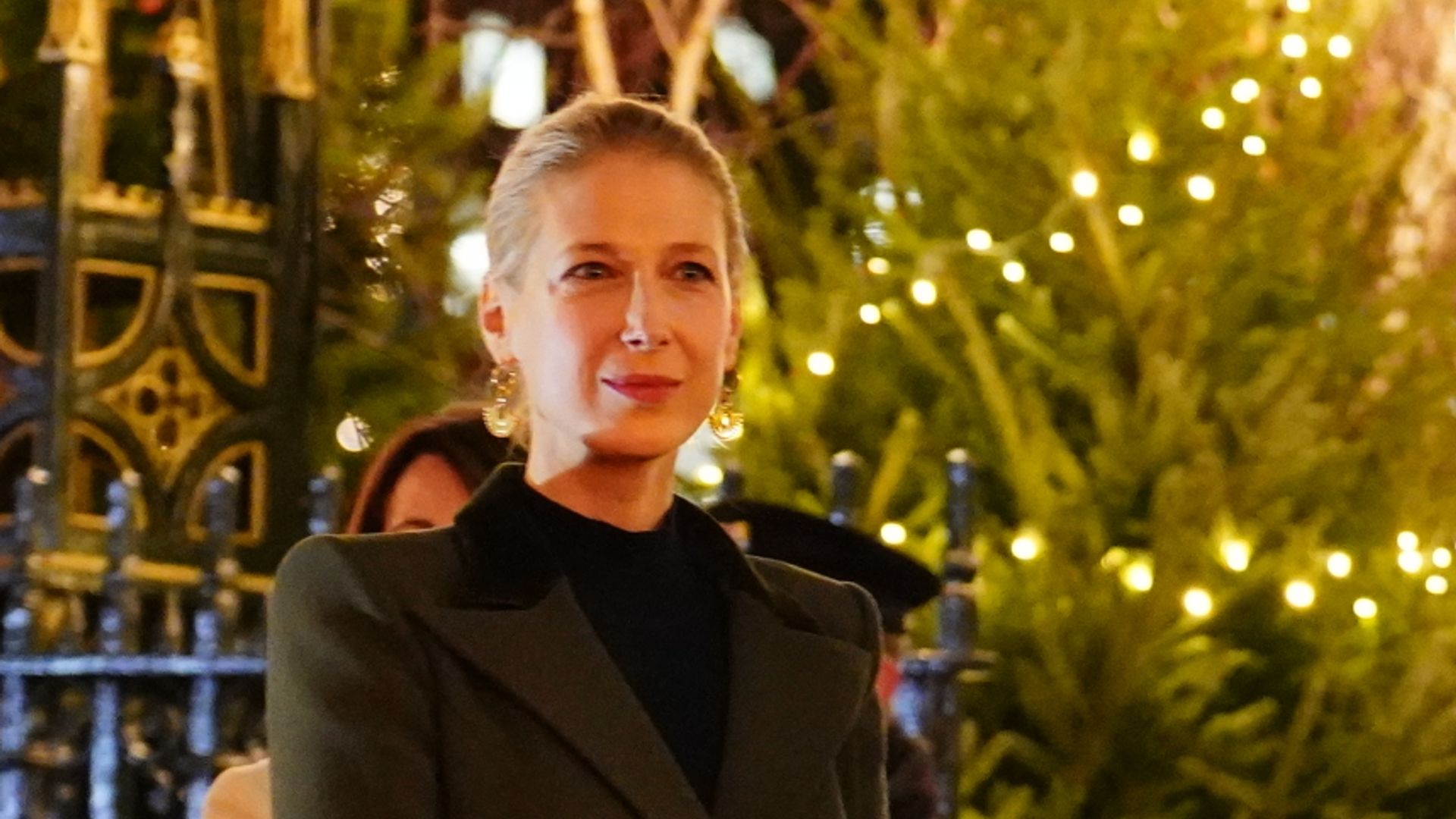
BELFAST, Maine — In the 19th century, this city made its name and fortune shipping simple goods such as ice, apples, hay and fertilizer around the world. When those money-makers failed at the dawn of the 20th century, Belfast then gave its waterfront over to poultry-, sardine- and potato-packing instead.
But in 1962, road engineers bypassed Route 1 around the city, leaving it a backwater. By the early 1970s most industries were gone, and Belfast was in a rough, depressed state.
Then, the artists came.
They bought cheap land and old farmhouses, helping transform the sad city — along with its surrounding towns — into the vibrant, artsy hub that it is today. A quick Google search now turns up more than a dozen art galleries in and around Belfast.
About the same time the artists arrived, photographer Peggy McKenna showed up and began training her lenses on the transformative, creative personalities. Now, 10 years after her death, some of McKenna’s artist portraits are on display in Belfast, alongside works by the artists themselves.
The show, “McKenna and Her Camera, the Midcoast Maine Art Scene: 1987-2008,” is a joint venture between the Penobscot Marine Museum and Waterfall Arts. It’s on display at Waterfall Arts in Belfast through Sept. 2.

“Those artists were a new generation of pioneers that were coming in and turning this place into something new,” said Kevin Johnson, photo archivist at the marine museum, where McKenna’s archive is housed. “And Peggy touched all these people. They weren’t just subjects, there was a connection that would happen — and a relationship. You can tell by looking at the photos.”
McKenna grew up in the Philadelphia suburbs, part of a well-to-do family involved in the massive Carlton Woolen Mills manufacturing empire. But after college, in the early 1970s, she made her way to Maine with her first husband, working for the progressive Maine Times, and investigating plans for nuclear and coal-fired power plants along the coast.
On her own, McKenna made portraits of her rough-hewn Montville neighbors, including Norman Nash, a storekeeper, hunting guide and raconteur. From there, she branched out into documenting the burgeoning rural art scene around her. McKenna kept at it for the next 45 years, until her death in 2014 from cancer.

“Some of these painters and sculptors, photographers and filmmakers, came to this part of Maine as back-to-the-landers, seeking a quality of life no big city could provide,” writes Mount Desert Island-based art critic Carl Little in the show catalog. “Greater Belfast afforded them all a place to make art.”
Included in the show are portraits McKenna made of painter Alex Katz, sculptor Joseph Ascizzi and filmmaker Rudy Burckhardt.
A striking color portrait of Montville sculptor Anne Arnold, taken in 1987, shows the artist gazing almost defiantly at the camera with a sabre saw in one hand. Arnold’s other hand is on her hip while she stands on a short mound of wood chips.
In another, more light-hearted portrait made in 2002, Searsmont painter and sculptor Dino Pelliccia stands at a drafting table where his fingers appear to have been replaced by red hot dogs. It’s a deadpan — and very Maine — salute to an older photo of Pablo Picasso where croissants stood in for his digits.

The Pelliccia picture reflects how most of McKenna’s contemporaries remember her: As the witty, life of the party. According to McKenna’s obituary, she loved birds, cooking and especially gardening. It also named her the undefeated leg wrestling champion of Waldo County.
“Political correctness and punctuality were not strong suits,” it read.
A year after McKenna’s death, the Penobscot Marine Museum took possession of her complete archive of more than 200,000 negatives, prints and slides — making it the organization’s single largest photo collection. The collections committee accepting the donation especially loved a series of photos McKenna made of famed Maine boatbuilder Ralph Stanley.
Johnson said he only met McKenna once, not long before she died, but can see not just the technical skill in her photos but also an abundance of humanity.
“McKenna had technical chops but she also had a unique ability to connect with her subjects,” he wrote in the show’s catalog. “She disarmed them and inspired trust.”
And Johnson is glad she did, so we can remember the artists who helped transform the area.
“McKenna’s work deserves to be celebrated and appreciated,” Johnson wrote. “Belfast is no longer the gritty town that it was when she first arrived in Maine, and Montville, while still rural, is no longer frozen in time. Many of the artists whom she photographed are now gone, yet the memories are still fresh and ripe to be shared.”
The Waterfall Arts gallery at 256 High St. in Belfast is open 10 a.m. to 5 p.m. Tuesday through Friday, and 11 a.m. to 3 p.m. Saturday.









